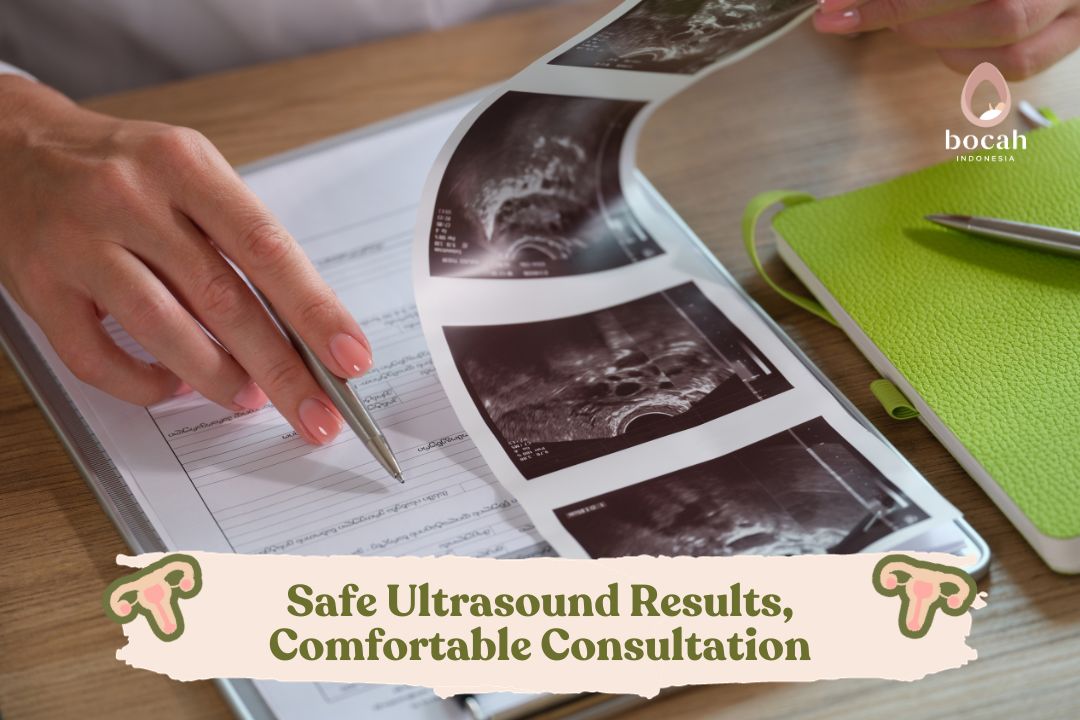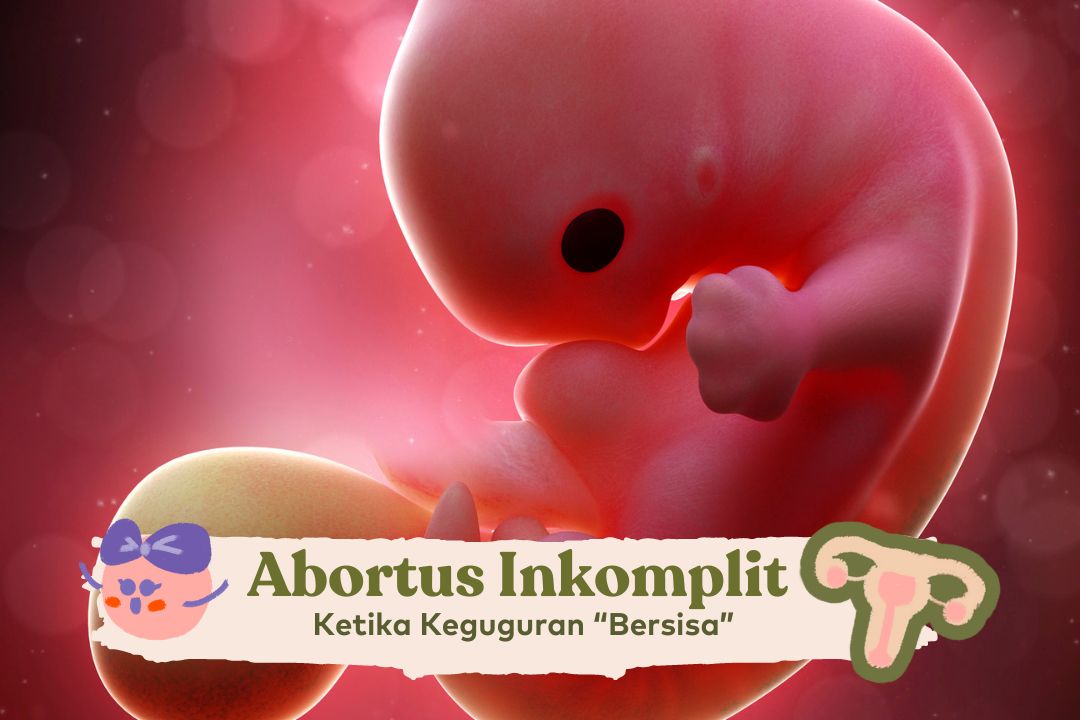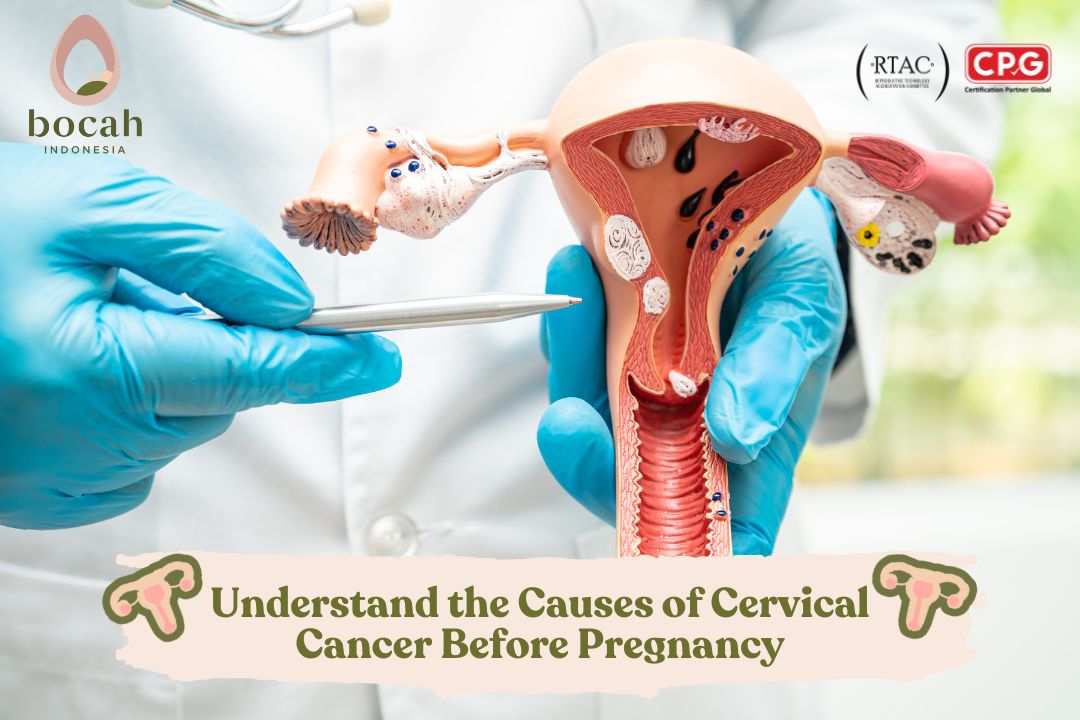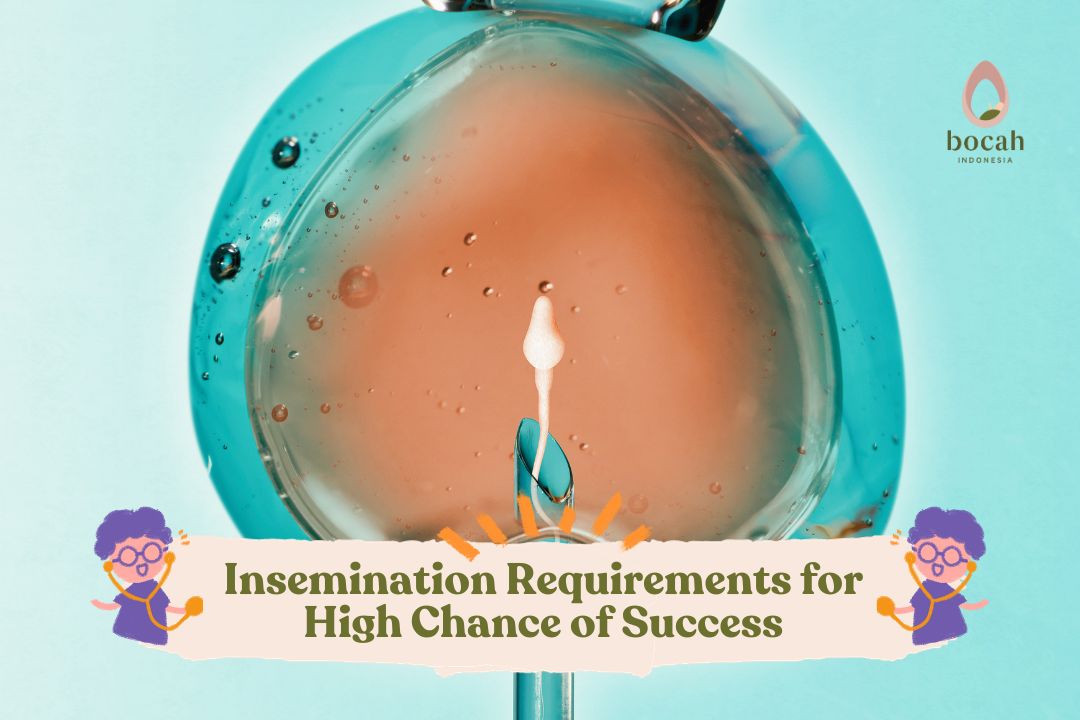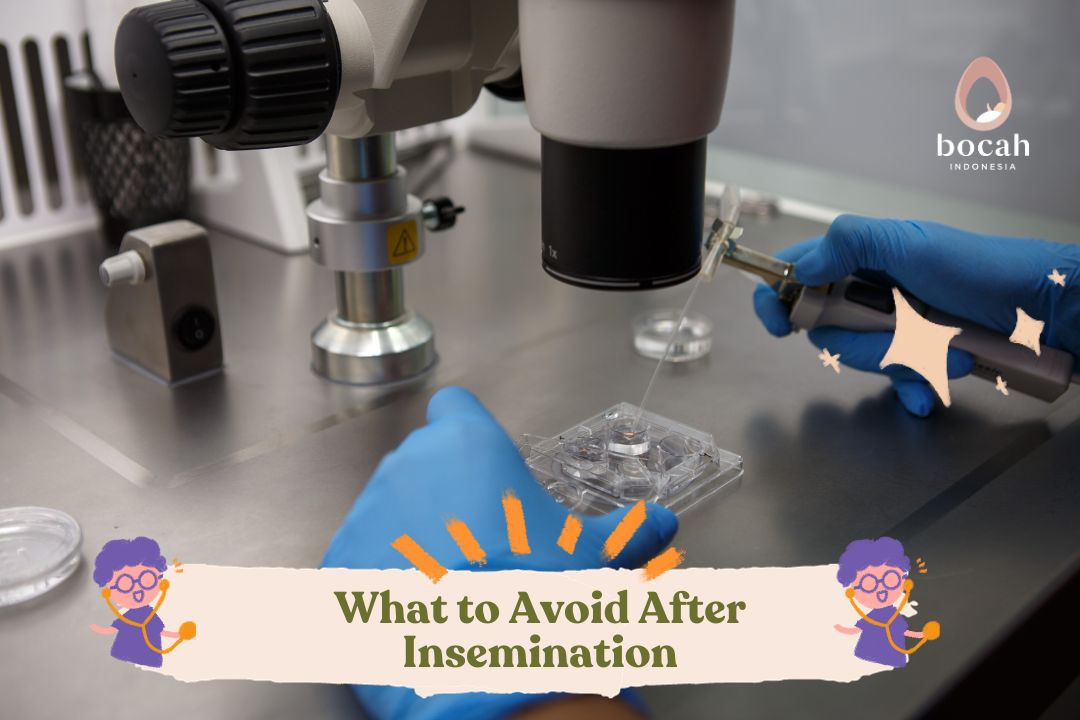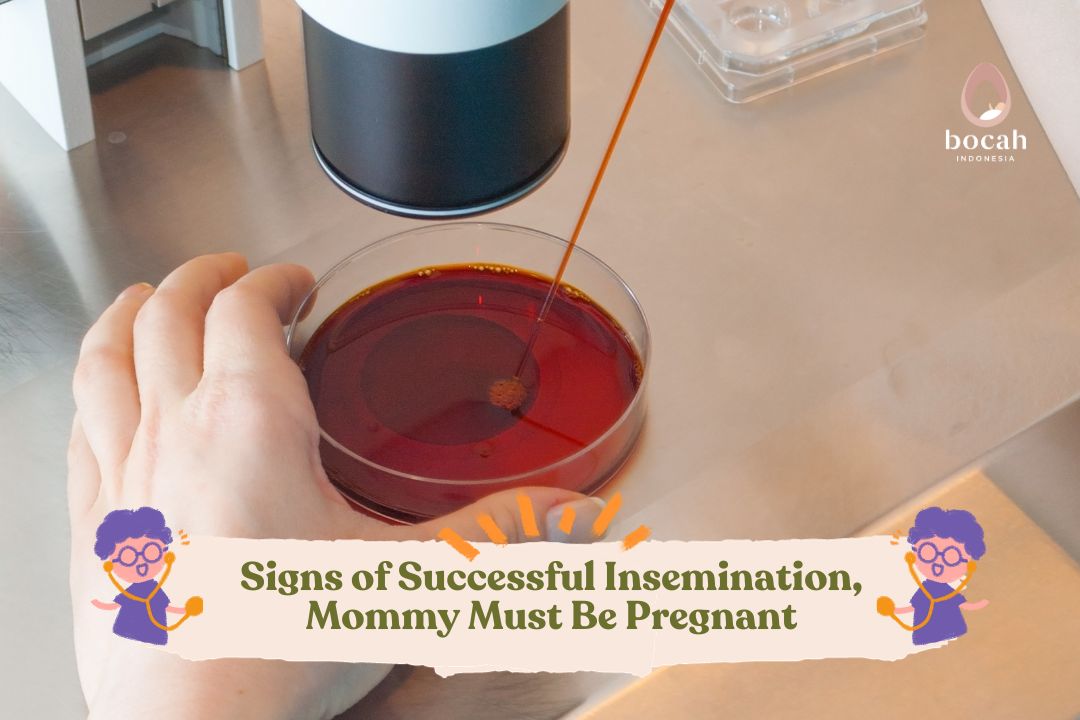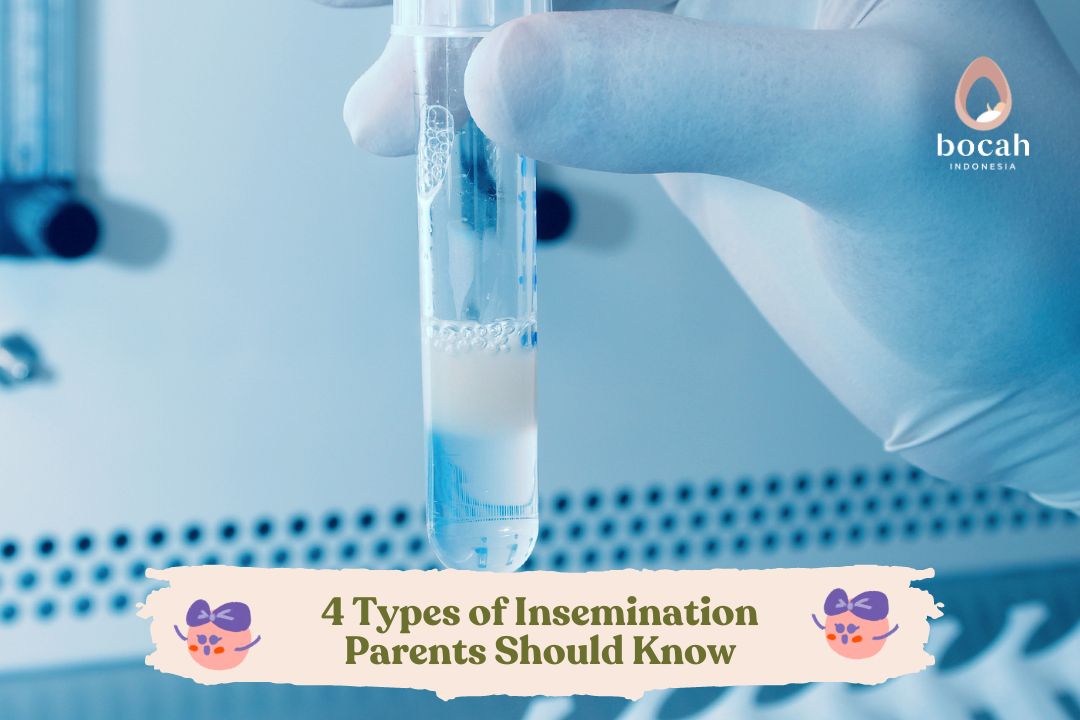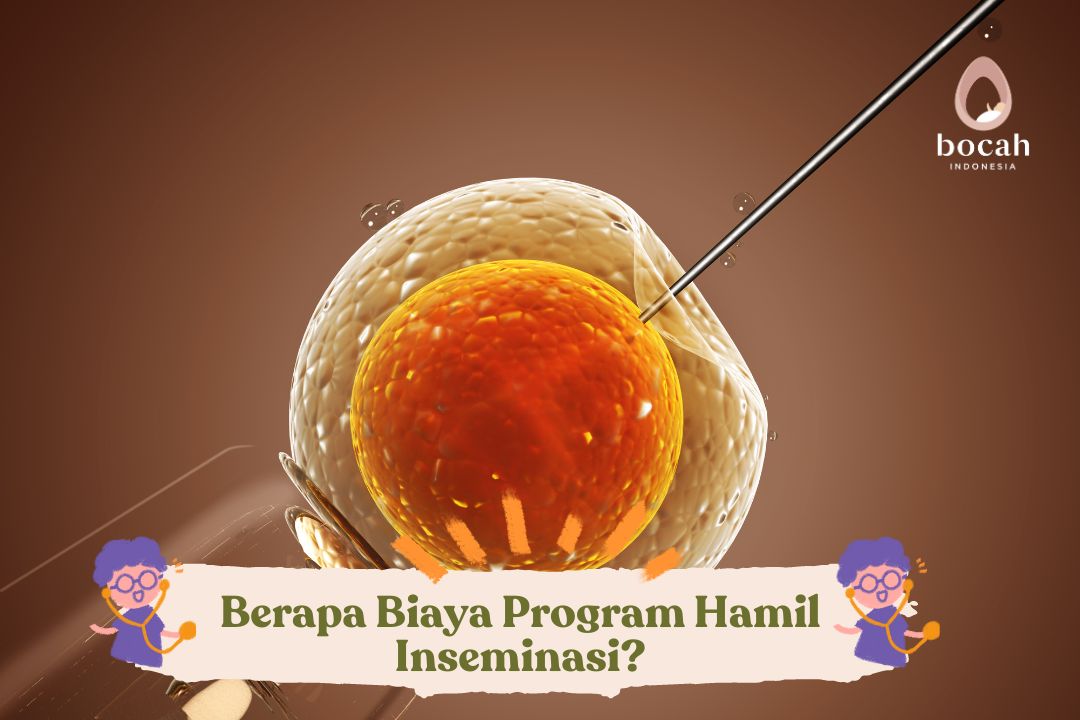Consultation Checklist Before Insemination
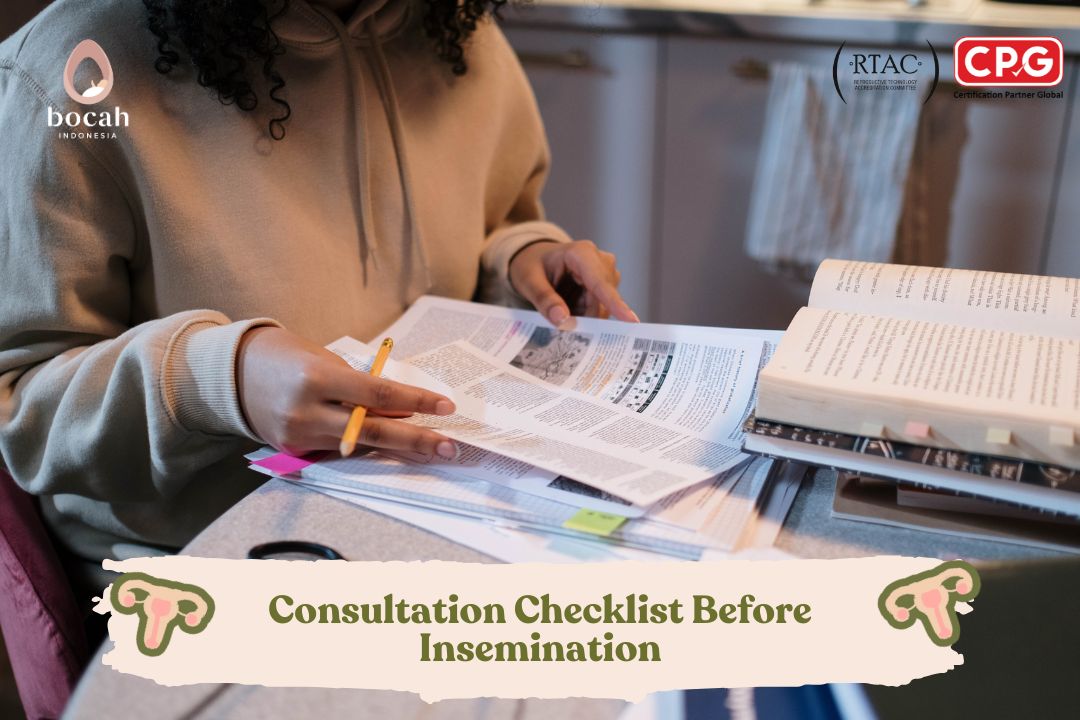
Undergoing an insemination consultation is essential to understand the procedure, benefits, and risks of this treatment. Find out here, Moms and Dads.
If you and your partner decide to try artificial insemination to have a child, the first important step is to have a consultation with a doctor. This process may feel a little confusing and intimidating at first, but don’t worry!
By preparing yourself before the consultation, understanding what will be discussed during the meeting with the doctor, and knowing what steps need to be taken after the consultation, you can be well-prepared.
With proper preparation and clear understanding, you and your partner can feel more confident and ready to face each stage on the journey to the desired pregnancy.
Preparation Before the Consultation
Before stepping into the doctor’s office, there are a few things you can prepare to ensure the insemination consultation goes smoothly:
- Medical History
Write down all important information about both your and your partner’s health, including past illnesses and any fertility issues you may have. This is important so the doctor can better understand your conditions. Include details of the last 3 months of the woman’s menstrual cycle. - Previous Test Results
If you have previously undergone fertility tests or other medical exams, bring the results with you. This includes sperm analysis, ultrasounds, or hormone tests that were done. - Prepare a List of Questions
Create a list of questions you want to ask the doctor. For example, about how the insemination procedure works, the potential risks involved, or the cost of the treatment. By preparing your questions, you ensure that all the things you need to know will be addressed.
Possible questions to ask:Mulai Journey of Hope
- How is the insemination procedure performed?
- What tests need to be done before insemination?
- What personal preparations should be done before insemination?
- What are the risks and side effects of the insemination program, and how can they be managed?
- How much does the insemination program cost?
- How will monitoring and follow-up be conducted during insemination?
- What is the success rate of this insemination program?
What Happens During the Consultation
When meeting with the doctor, the following will typically occur:
- Health and Fertility Discussion
The doctor will ask questions about your health history and any fertility problems. Don’t hesitate to provide complete information so the doctor can make an informed decision. - Explanation of the Procedure
The doctor will explain how artificial insemination is performed, from the procedure itself to what to expect afterward. The doctor will also discuss the benefits and risks involved. - Eligibility Assessment
The doctor will assess whether artificial insemination is the right choice for you based on your age, health, and fertility issues. This helps determine whether this method will be effective in achieving your goal of having a baby. - Treatment Plan
If the doctor recommends artificial insemination, they will create a treatment plan that includes the preparation steps and the insemination schedule. This will help you prepare physically and mentally for the procedure.
About Hormonal Therapy and Risks
If artificial insemination is recommended, the doctor will usually suggest hormonal therapy. Here’s an explanation:
- Hormonal Therapy
The aim is to stimulate egg production. Ask about potential side effects, such as the risk of multiple pregnancies or Ovarian Hyperstimulation Syndrome (OHSS), so that you can be properly prepared. - Ovarian Hyperstimulation Syndrome (OHSS)
OHSS is a medical condition that can occur due to the use of fertility drugs, especially during Controlled Ovarian Hyperstimulation (COH), which is often done during artificial insemination.
OHSS occurs when the ovaries respond too strongly to the medication, causing them to swell and fluid to accumulate in the abdomen and other areas of the body. - Risks and Benefits
Make sure you understand the risks and benefits of hormonal therapy and artificial insemination. The doctor will explain what might happen and how to manage it. Understanding the risks and benefits helps you prepare mentally and physically for the process, reduces anxiety, and sets realistic expectations.
With clear information, you can make better decisions regarding the therapy you will undergo and understand the possible outcomes. Understanding the risks also allows you to take appropriate precautions and recognize warning signs to watch for. - Things to Ask
For hormonal therapy, here are some things you should ask during your insemination consultation:- What are the main risks of hormonal therapy and artificial insemination? How can these risks be minimized?
- What steps can be taken to prevent or manage side effects and complications?
- What are the long-term benefits of this therapy? Are there specific advantages that can increase the chances of pregnancy?
Steps After the Consultation
After the consultation, if you and your partner decide to proceed with the artificial insemination program, here are the next steps:
- Schedule the Procedure
The doctor will help determine when the insemination will be done and what preparations are necessary. - Prepare Mentally and Physically
Prepare yourself both mentally and physically for the process. Support from your partner and family is also very helpful. - Follow the Doctor’s Instructions
Make sure to follow all the instructions provided by the doctor to ensure the process goes smoothly and effectively.
Consulting with the doctor is an important step in the artificial insemination process. With thorough preparation and open communication, you and your partner can make informed decisions and begin the journey to pregnancy with more confidence.
We hope that by following these steps, you and your partner will be well-prepared and ready for the planned insemination procedure.
Source:
- Banker, M., et al. (2015). Revisiting ovarian hyper stimulation syndrome Towards OHSS free clinic. Journal of Human Reproductive Sciences 8(1): p 13-17, Jan–Mar 2015.
- Crawford, N.M., et al. (2014). Intercourse after Embryo Transfer and Pregnancy Outcomes. Volume 101, Issue 2, Supplement, E28-E29, February 2014.
- Healthline. 5 Things to Do – and 3 Things to Avoid – After Your Embryo Transfer.
- Medical News Today. What to know about embryo transfers.
- Fasting While Trying to Conceive? Healthy Meal Ideas for the Entire Month - 04/03/2026
- 12 Foods to Help You Get Pregnant Faster - 03/03/2026
- 3 Juice Recipes for a Pregnancy Program - 26/02/2026


